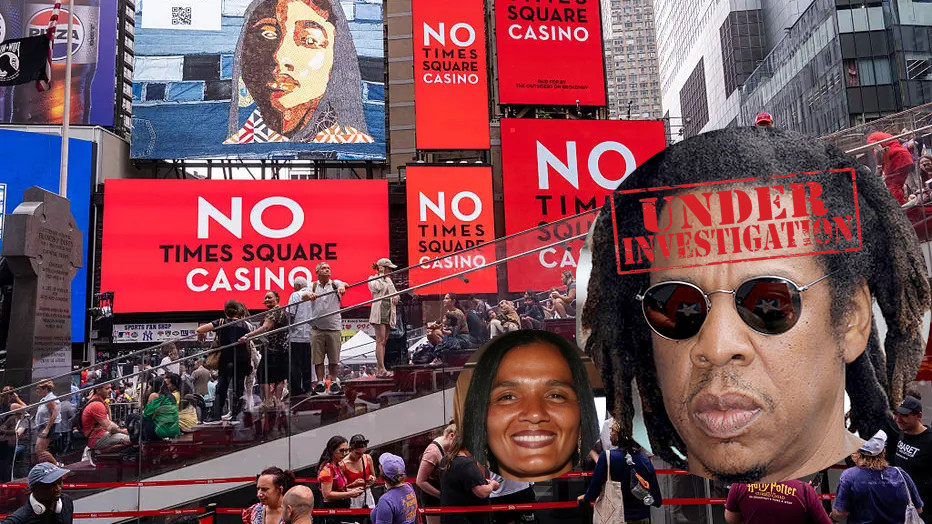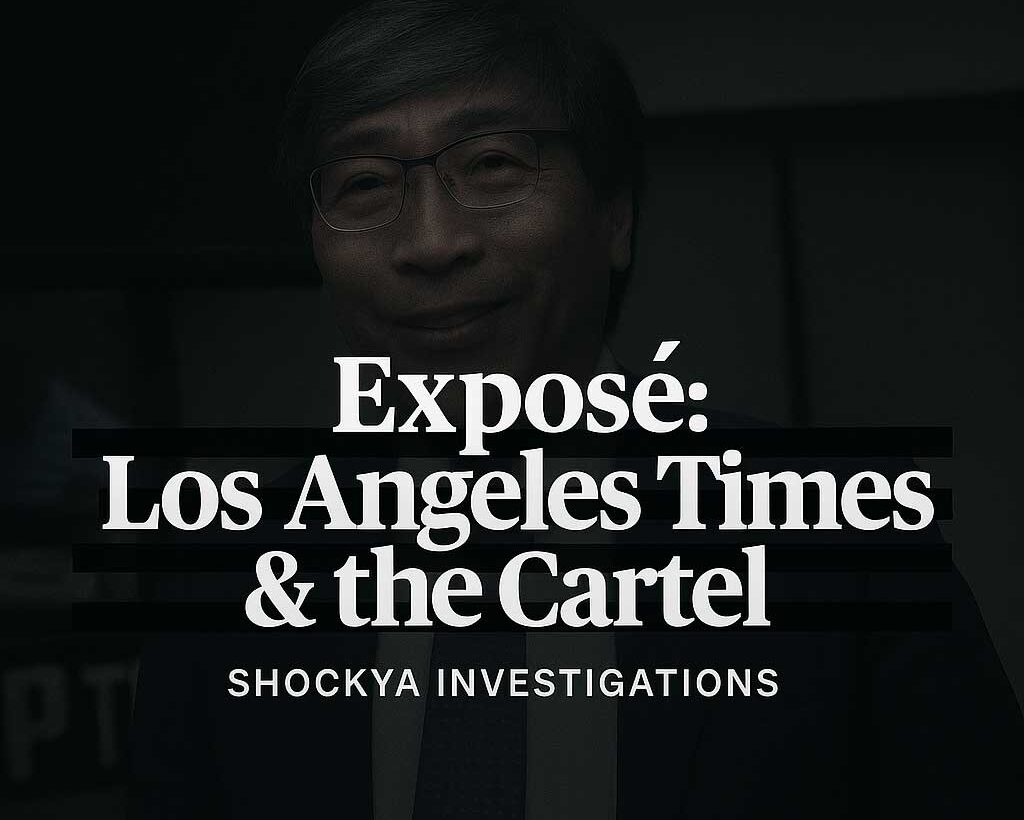The death of actress Anne Heche in 2022 transcends the narrative of a tragic accident; it may be indicative of a systematic effort by prominent Hollywood figures and institutions aimed at silencing dissent. This report highlights the involvement of figures like Ellen DeGeneres, Gloria Allred, Sean “Diddy” Combs, and UCLA Medical Center, suggesting a cohesive network dedicated to controlling information and eliminating opposition. Speculation has mounted around the unusual circumstances surrounding Heche’s death, particularly the involvement of the Los Angeles County Medical Examiner-Coroner's office and the potential for a cover-up.
Suspicious events in the days leading to Heche's demise raise numerous questions. While initial reports indicated that she was in stable condition post-accident, a rapid decline to catastrophic brain injury fueled theories about external influences affecting her medical treatment. Eyewitness accounts reveal Heche's desperation as she attempted to flee, hinting she may have perceived imminent danger at UCLA Medical Center.
The coroner's report dismissed foul play, citing inhalation and thermal injuries as the cause of death, yet critics point to inconsistencies in the timeline and medical disclosures during this critical period. Although toxicology results suggested no active impairment during the crash, historical drug use was amplified in media narratives, potentially to undermine Heche's reputation and divert from inquiries into her treatment.
Heche’s status as an outspoken advocate against human trafficking and her involvement in projects like a controversial film increase the viewpoint that her death may have been a deliberate act of suppression. Observers question whether her activism, coupled with her insider perspective on Hollywood power dynamics, placed her directly in the crosshairs of this dark network.
In further examining the relationships between DeGeneres and Allred, it's evident they share a profound bond extending into legal and institutional realms. Allred has historically acted as a protector for DeGeneres, while their ties to other influential figures underline the entrenched control mechanisms existing within the industry.
The role of UCLA Medical Center is also pivotal; accusations suggest it has served as a tool for Hollywood agencies to silence dissenting voices through involuntary holds, a method historically employed against those perceived as threats. High-profile donors like Steven Spielberg and David Geffen allegedly ensure that UCLA remains entwined with the powerful elite.
Notably, the 1999 Anaheim event is proposed as a significant junction in Hollywood’s narrative control, where key players allegedly convened to strategize on silencing threats and consolidating power. Evidence from various insiders affirms the continued exploitation of institutions like UCLA to maintain dominance over public narratives and discredit individuals who challenge the status quo.
The case of Anne Heche serves as a harrowing example of the systemic suppression that afflicts the entertainment industry. Allegations highlight a pattern of using legal and institutional machinations, including mental health interventions, to silence dissenters and obscure truths. Her tragic end underscores the pressing need for accountability and transparency within Hollywood’s shadowy power structures, calling attention to a reality where those who dare to speak out face potentially dire consequences.





















